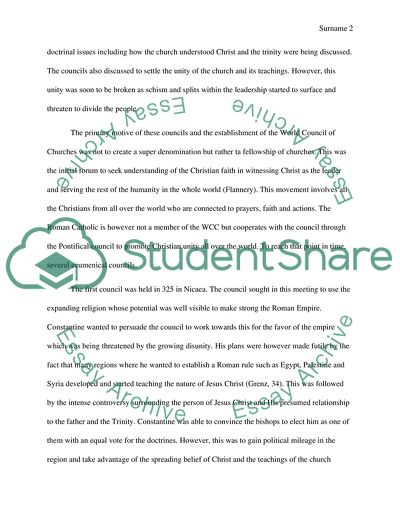Cite this document
(Theology of Christ Essay Example | Topics and Well Written Essays - 1500 words, n.d.)
Theology of Christ Essay Example | Topics and Well Written Essays - 1500 words. https://studentshare.org/religion-and-theology/1872034-theology-of-christ
Theology of Christ Essay Example | Topics and Well Written Essays - 1500 words. https://studentshare.org/religion-and-theology/1872034-theology-of-christ
(Theology of Christ Essay Example | Topics and Well Written Essays - 1500 Words)
Theology of Christ Essay Example | Topics and Well Written Essays - 1500 Words. https://studentshare.org/religion-and-theology/1872034-theology-of-christ.
Theology of Christ Essay Example | Topics and Well Written Essays - 1500 Words. https://studentshare.org/religion-and-theology/1872034-theology-of-christ.
“Theology of Christ Essay Example | Topics and Well Written Essays - 1500 Words”. https://studentshare.org/religion-and-theology/1872034-theology-of-christ.


